“Heated Gaming Moments:” How Bigotry is Kept Alive in Gaming
PocketEpiphany
Published
07/11/2021
in
facepalm
For reasons we may never know, the most popular streamers can’t stop dropping slurs. And for years now, it has been a meme to call these slurs from gamers “heated gaming moments.”
But where does this term come from, and how has it changed the way we talk about bigotry? We’ve got the full breakdown.
But where does this term come from, and how has it changed the way we talk about bigotry? We’ve got the full breakdown.
- List View
- Player View
- Grid View
Advertisement
-
1.
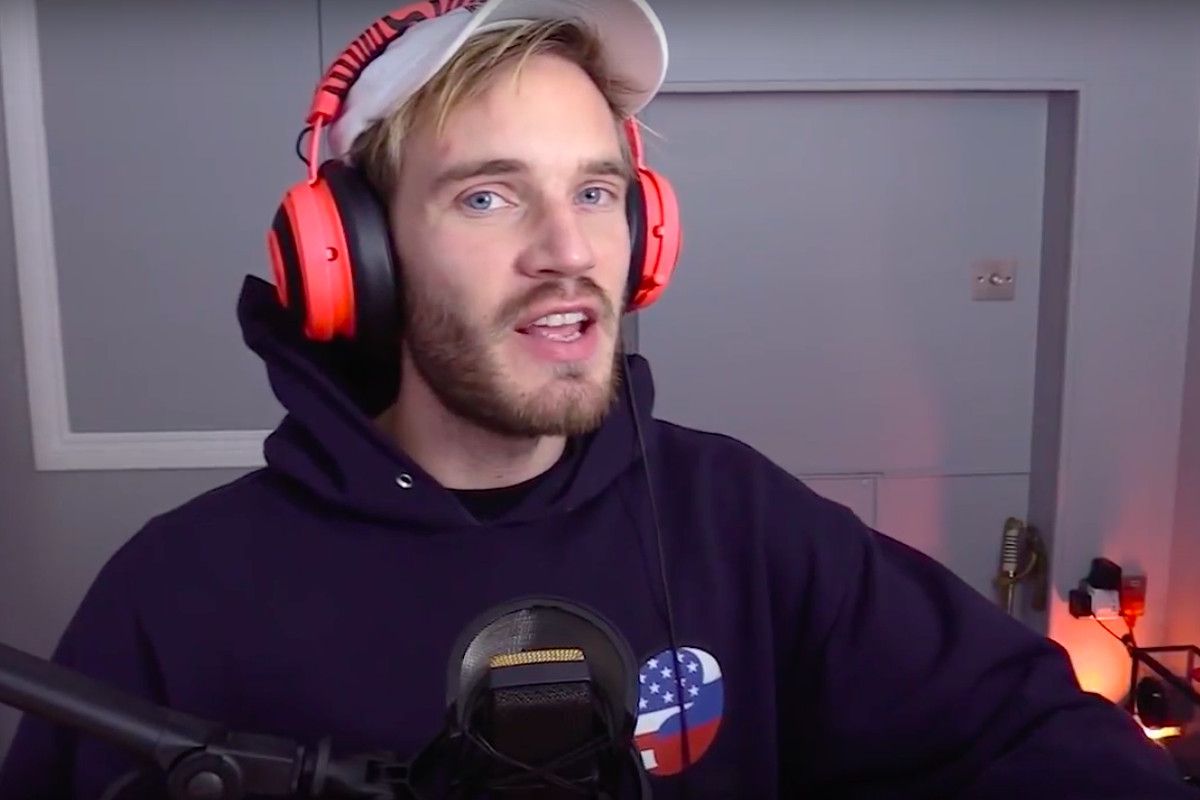 The Original “Heated Gaming Moment”
The Original “Heated Gaming Moment”
“Heated gaming moment” is such a well-known meme in part because it referred to the most popular streamer of all. That’s right: this term was originally used to describe a racial slur said PewdiePie on stream.
Back in 2017, the streamer was playing PlayerUnknown's Battlegrounds and got into a gunfight with another player on a bridge. Afterward, he blurted out “What a fucking n-----" before insisting “I don’t mean that in a bad way.”
After that, sham journalist and world’s stupidest man Ian Miles Cheong tried to defend the slur as a “heated gaming moment.” Nobody really bought this as a good defense, but it ended up being a meme for when video game streamers found themselves in hot water. -
2.
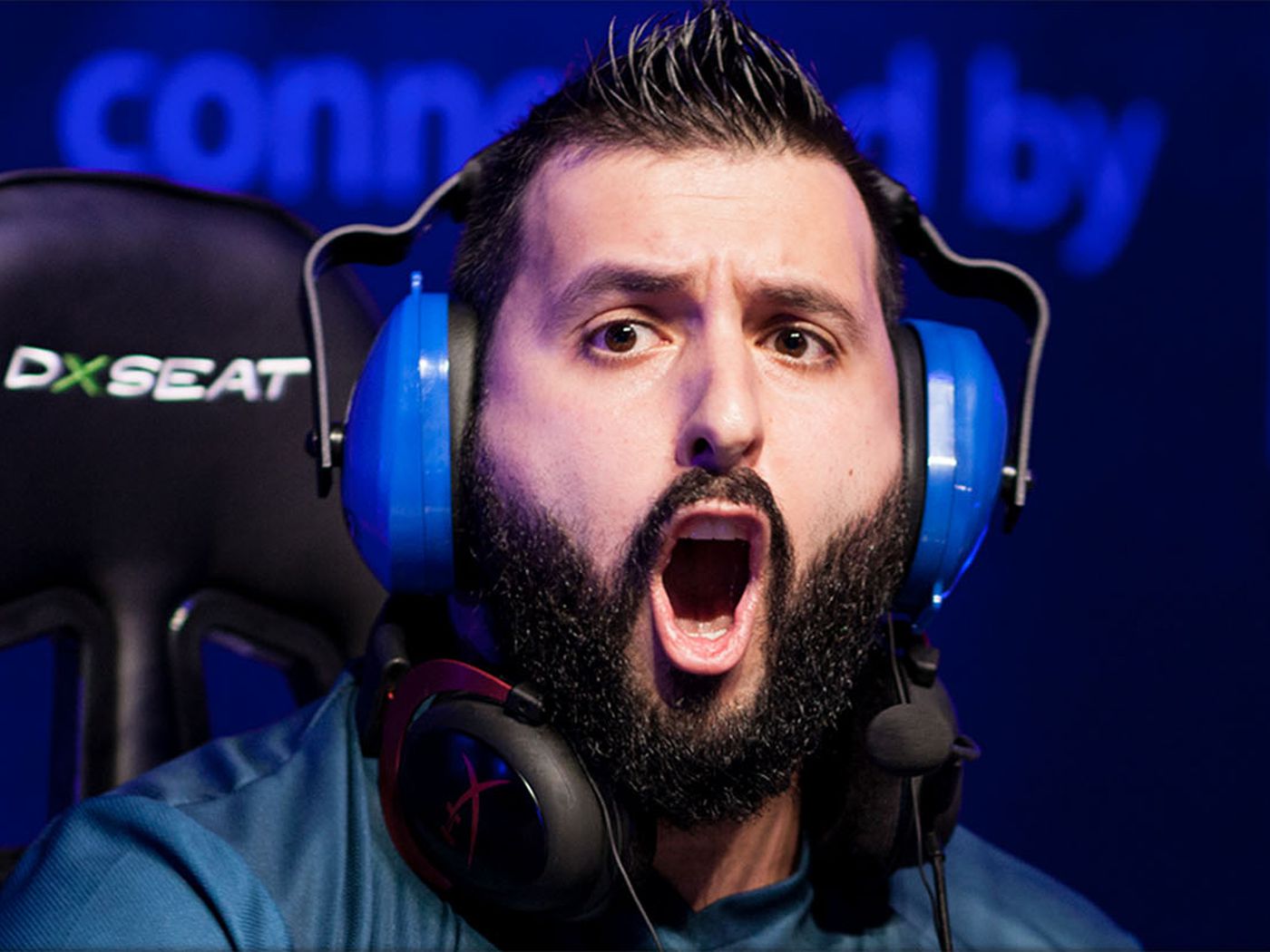 Can We Separate Words and Intent?
Can We Separate Words and Intent?
Much of the discourse over bigotry in streaming comes from viewers. However, that discourse is led by streamers, many of whom openly question whether it is possible to separate words from intent.
For example, popular streamers like Destiny and m0E have been punished by Twitch in the past for using homophobic insults and slurs. However, moE insisted that it was acceptable for him to use gay slurs because he did so without any homophobia or intent to offend others.
It’s pretty silly as an apology, but makes for a good question: is a slur still a slur if you don’t mean to use it that way? Or should we accept that these words are inherently insulting and offensive to many people who have no way of knowing whether the “intent was hate-filled,” as m0E puts it? The question is so good, in fact, that many still struggle with it. -
3.
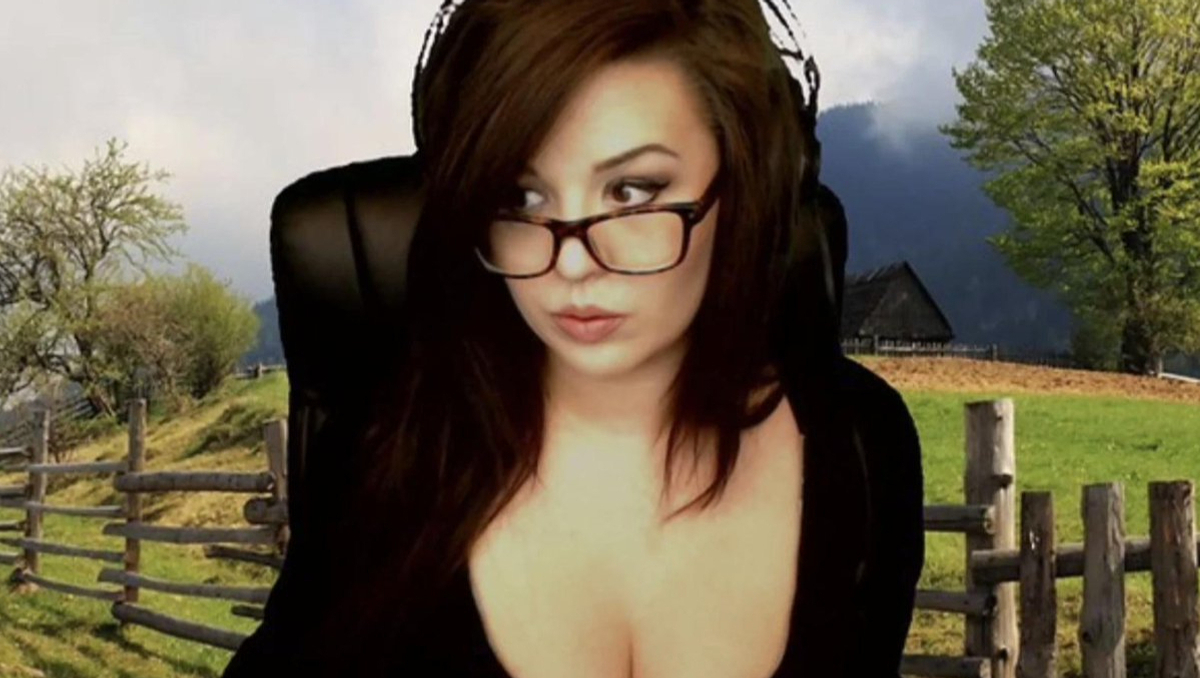 Songs Getting Streamers in Trouble
Songs Getting Streamers in Trouble
When you think of a streamer using a slur, chances are that you imagine a situation like PewdiePie and the original “heated gaming moment.” In other words, a streamer gets frustrated by another player and blurts out a slur without thinking about it.
However, one situation that has gotten streamers in trouble is singing along to their favorite music. As an example, Kaceytron was accused of racism by many after she appeared to say the N-word while singing along to Tech9’s “Hood Go Crazy.”
She claims that she simply said a word that sounds like the N-word and the fact that she was wearing a mask at the time added to the confusion. However, this brings us back to the question of intent: if she says something that sounds exactly like a slur, and people are convinced they heard a slur, how much does intention to say an actual slur really matter? -
4.
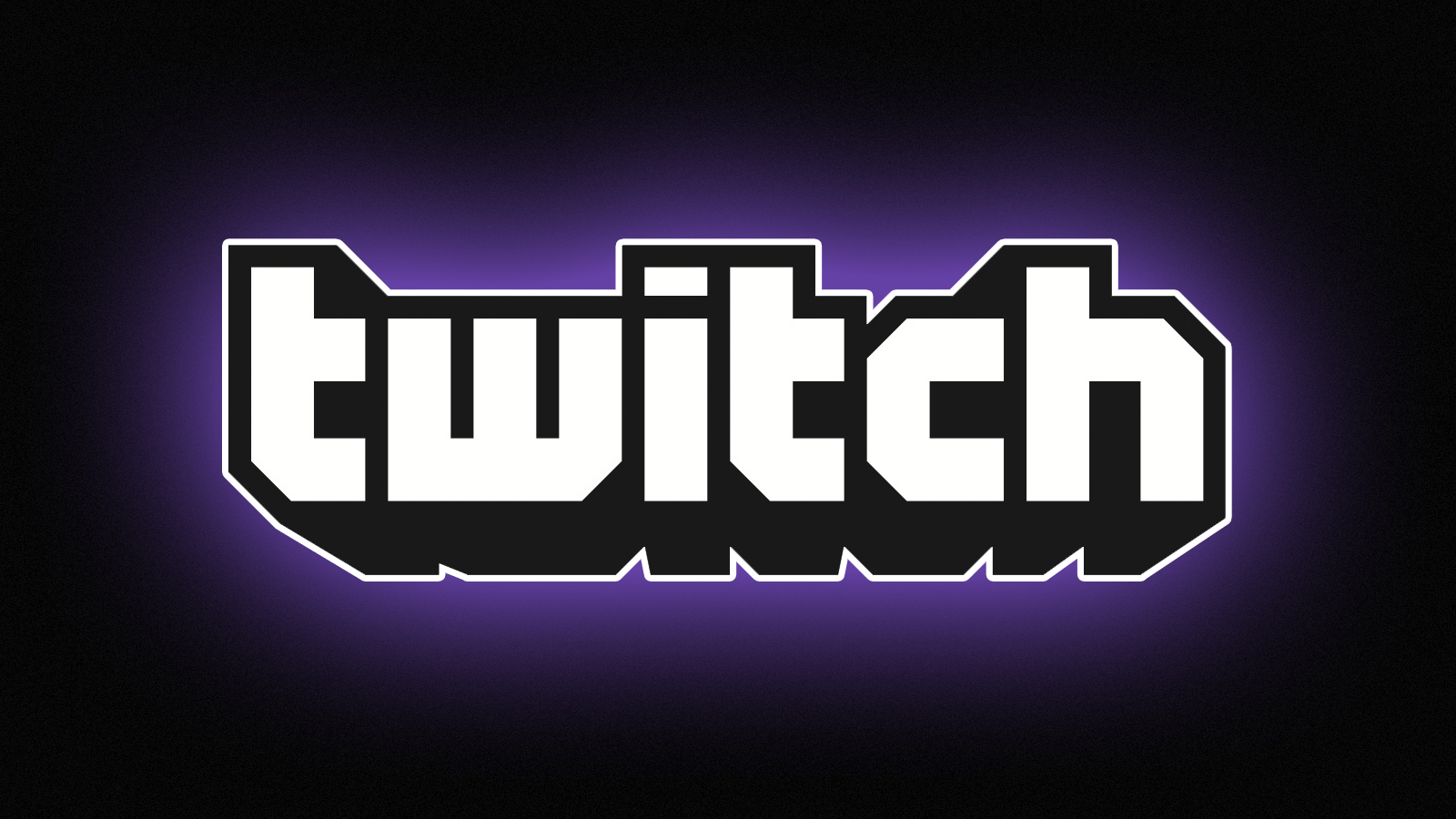 Twitch Drags Its Feet
Twitch Drags Its Feet
Even if you know hardly anything about Twitch, you probably know that they are wildly inconsistent with enforcing violations of rules. From heated gaming moments to hot tubs and gambling, it’s always tough to pin down what is acceptable to Twitch at any given moment.
Nonetheless, it falls on Twitch to establish what the rules for streamers are. And towards the end of 2020, they updated their Hateful Conduct and Harassment Policy. This provided better clarification of things like homophobic and racial slurs.
Some praised Twitch for finally taking a stand while others wondered why it took so long for the corporate giant to clarify that slurs are bad. Hilariously, Twitch also added things like “simp” and “incel” to their harassment policy, and this merely made viewers use those terms more. -
5.
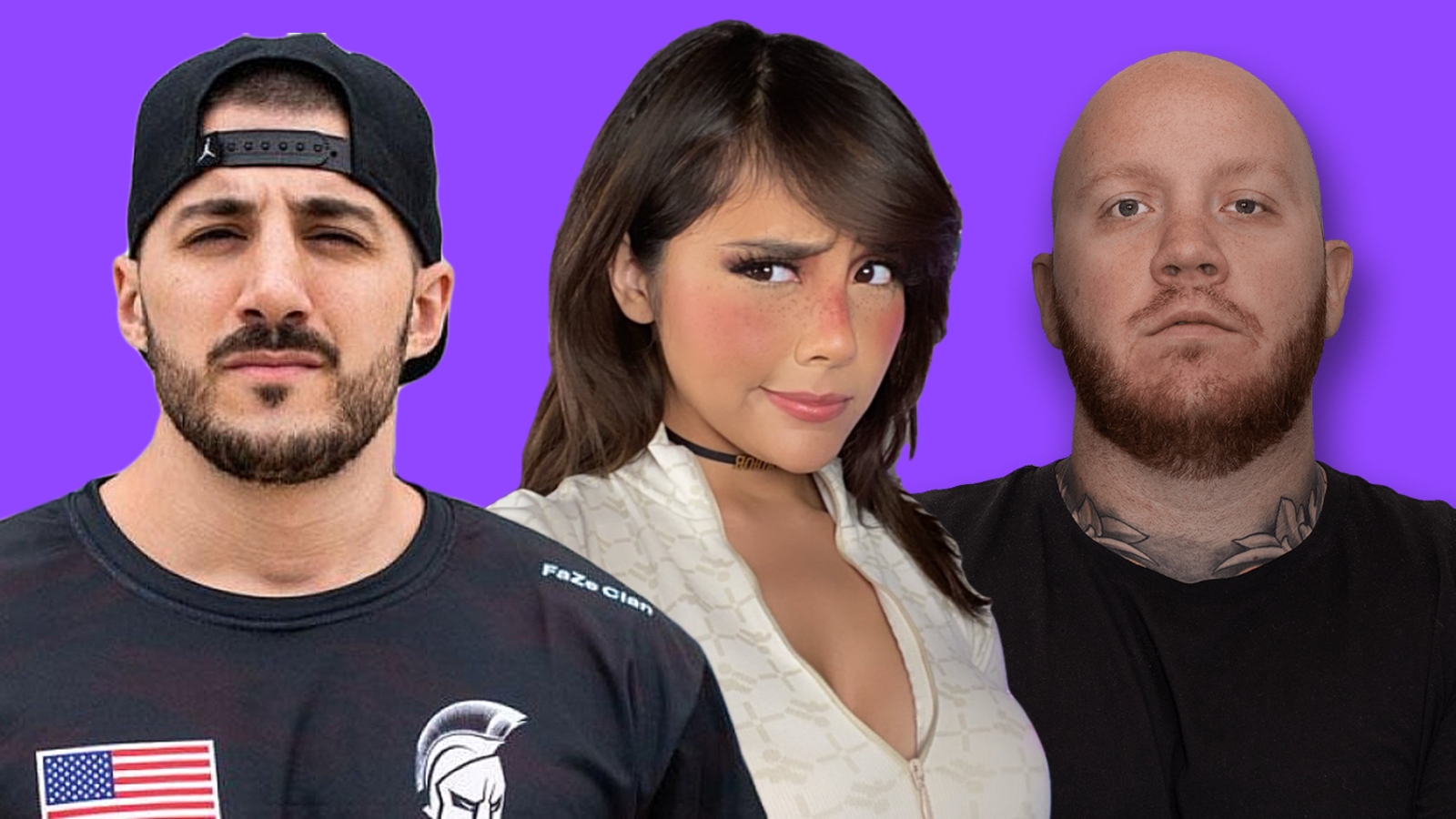 An Evolving Conversation
An Evolving Conversation
Where does this leave us, then, when it comes to bigotry and streaming?
Twitch inadvertently revealed something most people already suspected: simply adding to The Rules is not enough. If Twitch thinks that “simp” and “incel” are in the same category as racial and homophobic slurs, their management is just too dumb to fix. And if adding to the rules doesn’t actually stop the use of these slurs, then we need to look for a better solution.
If we want bigotry to stop, it has to stop with the streamers themselves. And to their credit, most streamers are at least aware of the harm these words can cause. It took PewdiePie no time at all to apologize for his original “heated gaming moment,” and even if it is just to avoid losing revenue, most other streamers have done the same when they slip up.
However, to really change the culture, we need to change how we talk about that culture. -
6.
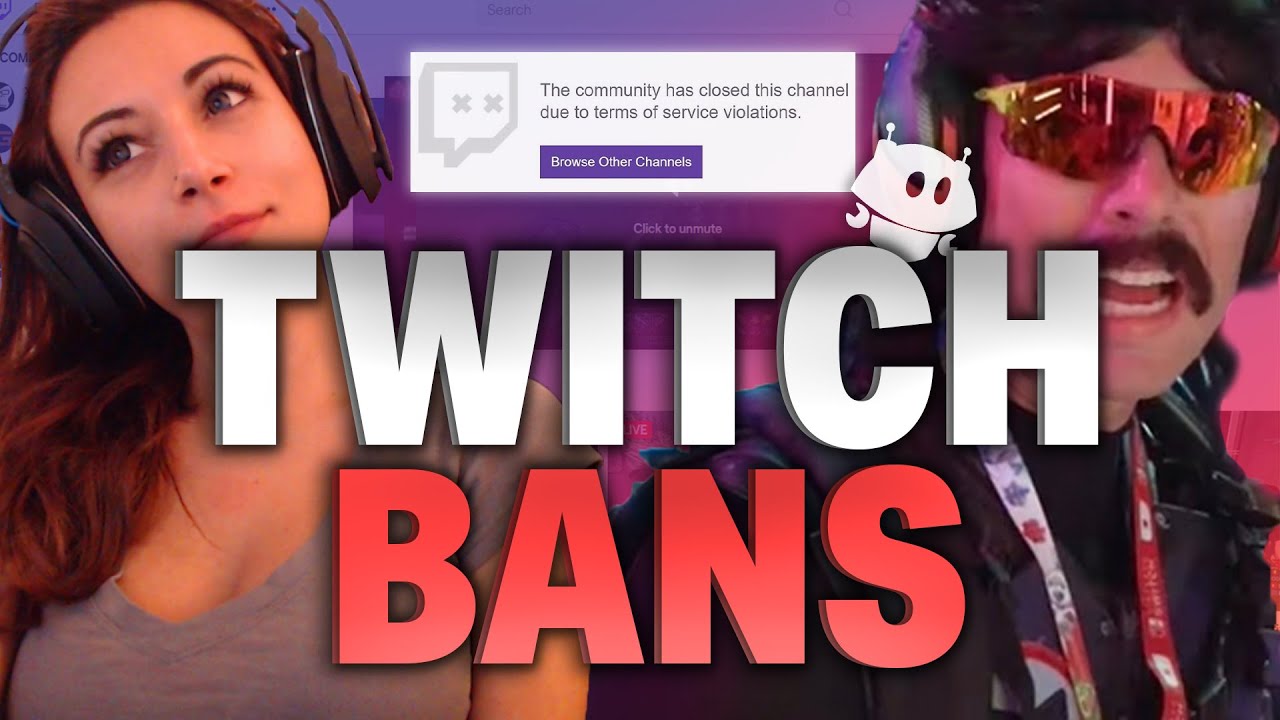 Cancel culture? No, Consequence Culture
Cancel culture? No, Consequence Culture
Care to pick the most misused term today? If you picked “cancel culture,” go ahead and award yourself a No-Prize.
Critics of “cancel culture” pretend that there is some magic ray people can turn on a content creator that turns off their revenue stream. In reality, the whole point of capitalism is that you vote with your dollars and your time. If you don’t like what a streamer is doing or saying, including using slurs, there is nothing wrong with finding someone new to watch.
This isn’t a shockingly original statement, but what critics call “cancel culture” is actual “consequence culture” as bigots feel the burn in their bank accounts. Only by realizing it's okay to call these people out and stop giving them money can you make streaming culture better.
To sum it up, your favorite streamer blurting out a slur may be an accident, but you not saying anything about it or holding them accountable is a choice. And if that’s the choice you’re making, you have no one but yourself to blame for the current state of Twitch.
The Original “Heated Gaming Moment”
“Heated gaming moment” is such a well-known meme in part because it referred to the most popular streamer of all. That’s right: this term was originally used to describe a racial slur said PewdiePie on stream.
Back in 2017, the streamer was playing PlayerUnknown's Battlegrounds and got into a gunfight with another player on a bridge. Afterward, he blurted out “What a fucking n-----" before insisting “I don’t mean that in a bad way.”
After that, sham journalist and world’s stupidest man Ian Miles Cheong tried to defend the slur as a “heated gaming moment.” Nobody really bought this as a good defense, but it ended up being a meme for when video game streamers found themselves in hot water.
6/6
1/6



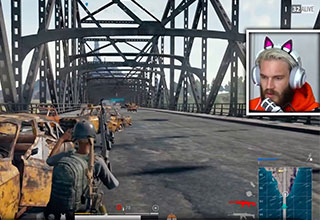
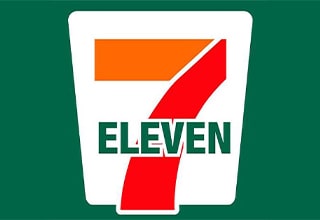


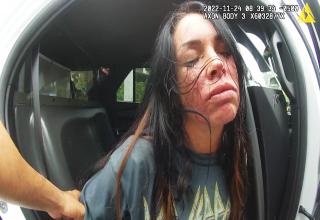

11 Comments